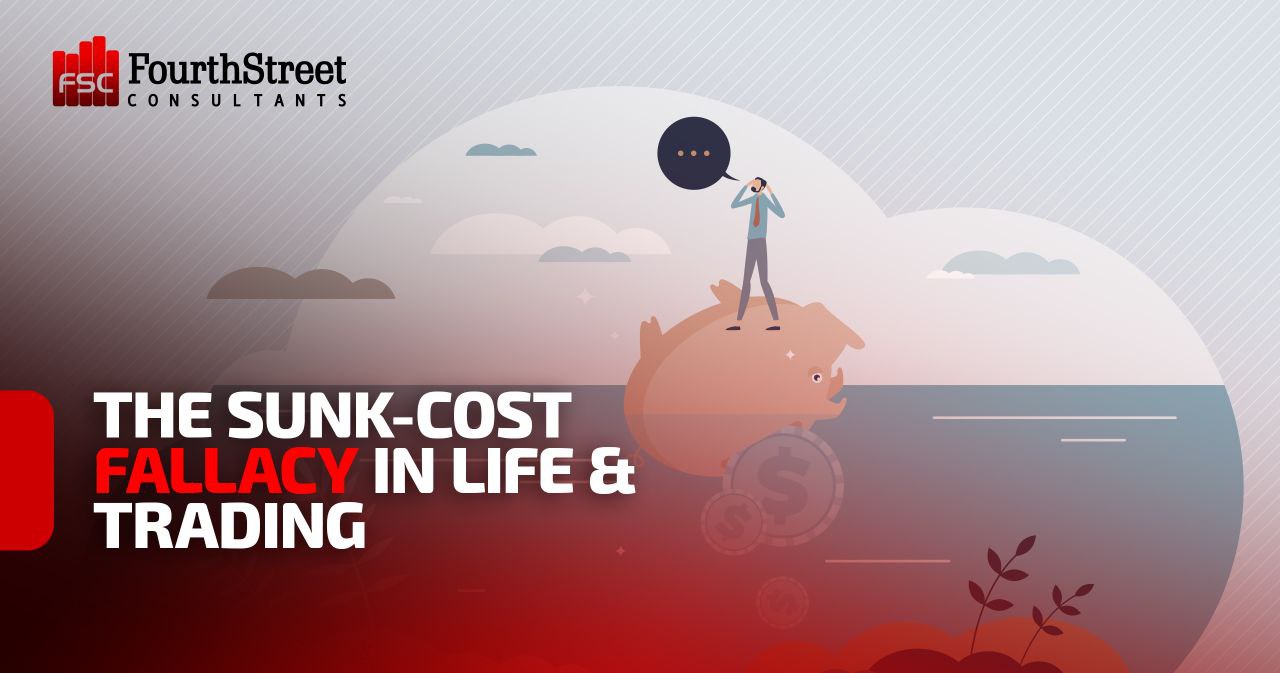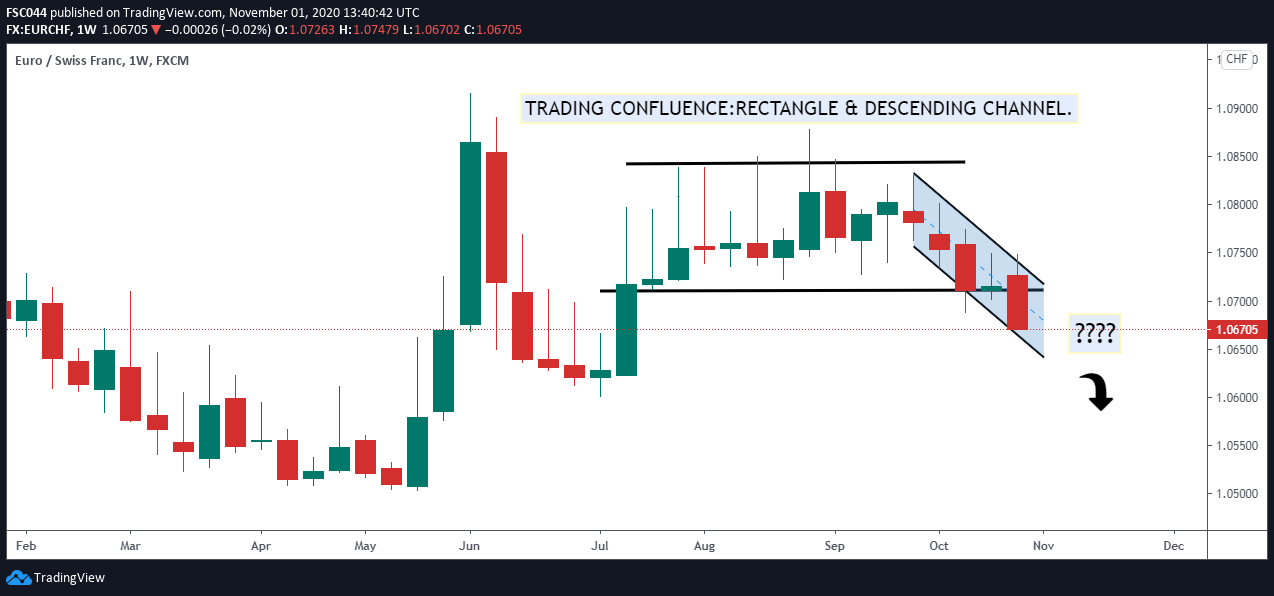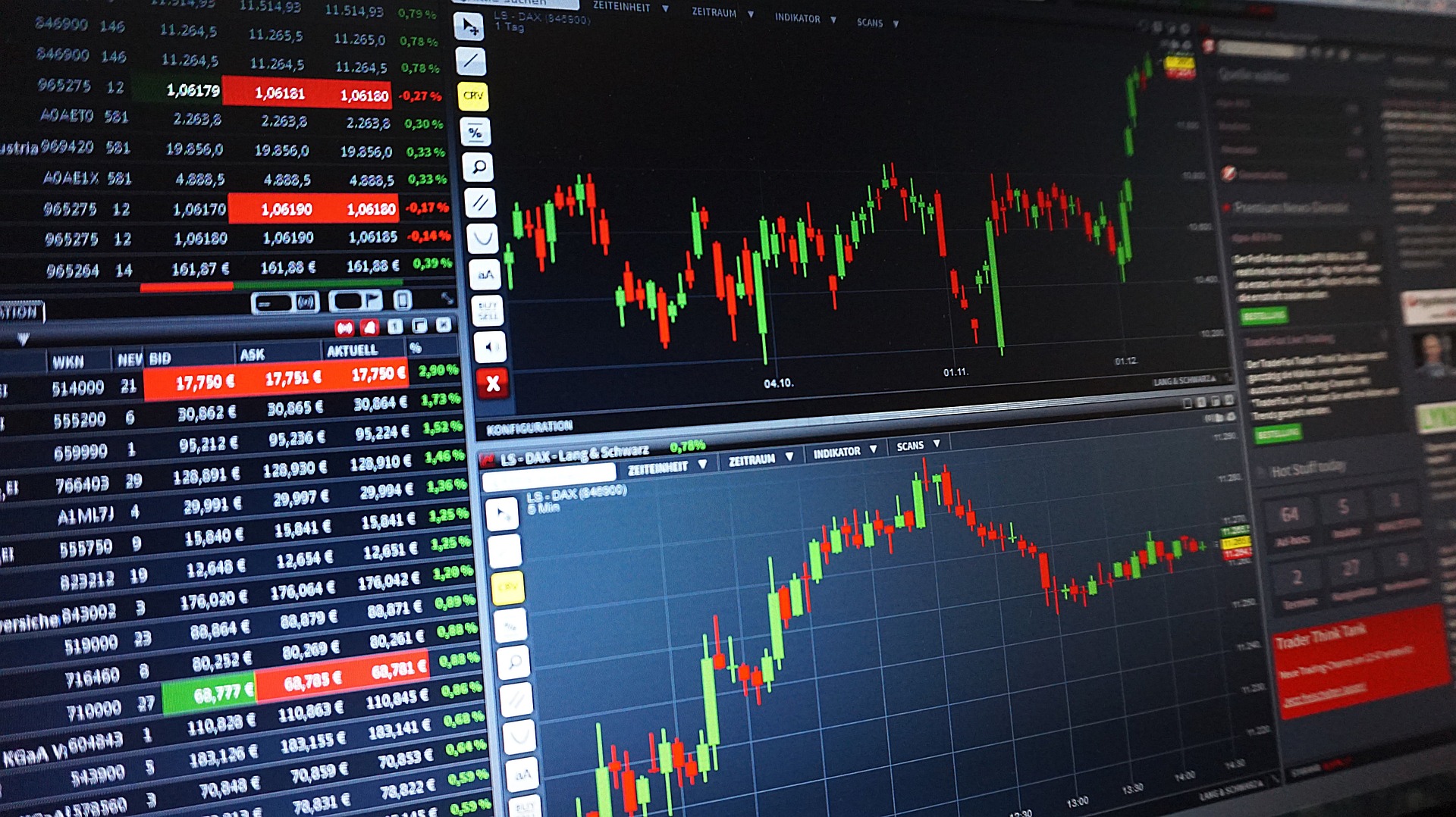I often reflect deeply on life, sometimes on my own life’s choices & outcomes, both positive and negative, and other times on other people’s experiences, behaviors, & choices. Of all life’s disciplines, human psychology and its complexities and paradoxes are what intrigues me the most.
Right from simple choices such as one opting to finish a boring movie just because they paid for the ticket? To more heightened cases such as clinging to personal relationships that are evidently long overdue, one that no longer serves us nor our friends or partners anymore? Perhaps I am trying to approach these matters on a logical basis which is far from reality.
Looking further, why do we continue investing more in a business that has proven to be unviable & unprofitable for three consecutive years, bearing financial pain and untold psychological frustrations? Why are we adding more capital to that marketing campaign budget despite getting no hot leads three months into the campaign?
If we had a great & successful day or week, our minds still tend to dwell on that one single report that we failed to submit on time or that one colleague who supposedly gave us an evil look at work. Why is it that the pain we feel for losing 100 dollars outweighs the pleasure of making the same amount of 100 dollars. This is us, humans.
In a more practical example from our trading business, why do traders often hold on to their losses, continuously extending their stop loss levels, thereby adding onto their losses? This is a leading reason why new traders lose money in the forex markets; a topic that we cover extensively in our online forex course and when consulting with our traders, especially the new ones.
In economics, they call it the sunk-cost fallacy. I am, however, strongly convinced that this is more of a psychological concept than an economic analogy. The dictionary definition of Sunk-cost fallacy is ‘the human tendency to stick with endeavors in which we’ve already invested time, money, or other resources even when changing course would be the more logical choice.’
Does this then prove that some of our major decisions and choices in life are largely influenced by our natural human mental setting, rather than by logic and reason? This could be the case. Whereas there’s not so much we can do to change some of our innate human nature, by being aware of this psychological concept, we can work to lessen the number of cases when we fall victim to sunk-cost fallacy.
For instance, from the case mentioned earlier of that person who chooses to persevere watching a boring movie just because they already paid for the ticket, he could instead choose to cut their losses and leave the movie theater. By so doing, they would have freed their mental capital by not forcefully subjecting their minds to watching a boring movie. Secondly, they get to move on quickly from their loss and learn their lesson, maybe to be careful to check the ratings and reviews of the movie before buying a ticket in the future. Thirdly, they can put the time they could have wasted watching a boring movie into other meaningful engagements like reading a book or just heading home to get some early night sleep so they can be more productive the following day.
Sunk-cost fallacy could explain why so many new traders have the habit of adding to their losing trades, partly because they have already invested a significant amount of their capital in that particular trade (both money & mental capital), and also because they have not developed the right trading psychology, which offers further grounds of the human nature to try and do anything possible to prevent themselves from suffering a loss.
As traders, we’ve got to be aware of the sunk-cost fallacy and put forth a mechanical trading plan that guides our every action in our interaction with the markets. Most traders, especially those with little experience, are most clear-headed and logical before they enter a trade, a state that quickly turns into fear and anarchy right after they execute their trades. To counter this common pitfall, a trader must have a pre-determined risk amount for every single trade they will make, which is simply a small percentage of their total capital, say 1% or 2% maximum, thereby keeping their risk exposure to the minimum so they don’t get too attached to one trade. Additionally, before executing the trade, one ought to have marked out the target levels, observing a pre-determined level where their trade will be stopped automatically in case the market direction changes for any reason. This is facilitated by using stop loss and take profits parameters.
In conclusion, remember to risk a small pre-determined percentage of your capital and stay alert so that you don’t fall into the trap of the sunk-cost fallacy. The trick is not to be emotionally attached to your trades so you can allow them the time and space they need to work out. Emotions are the enemy of progress in trading, hence all our actions and trading plan rules must lead us to keep our emotions in check and to the lowest level humanly possible. For those who wish to learn and grow as competent and profitable traders, our simplified online Forex Course offered at Fourthstreet Consultants comes with one year of mentorship and free consultations and covers this critical aspect of trading and other key pillars of professional trading.



